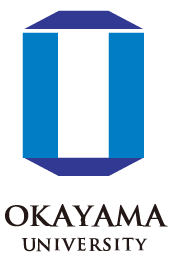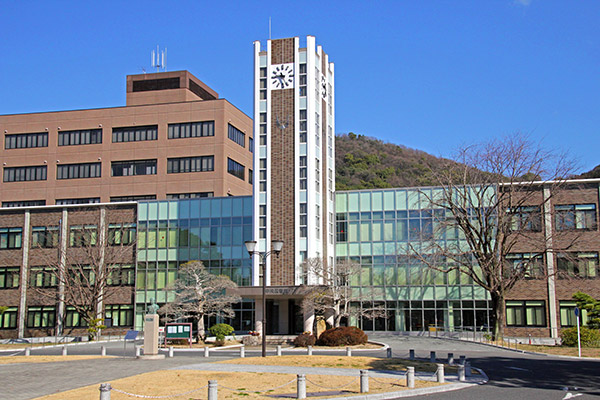
Graduate School of the humanities and Social Sciences, Okayama University
Information on the Graduate School of the humanities and Social Sciences, Okayama University
Hello everyone. Here is some information for you on Okayama University’s Graduate School of the humanities and Social Sciences, a partner university of the WISE Program. This Graduate School consists of six master’s courses and one doctoral course, centered on the Faculty of Letters, the Faculty of Law, and the Faculty of Economics. It is staffed by more than 100 academics and covers a broad range of fields in the humanities and social sciences. The Division of Japanese and Asian Cultures and the Division of Human Socio-Culture Studies of the master’s courses currently participate in the WISE Program. This is because these two divisions have promoted education and research and have achieved results in the Asia and Eurasia field, one of the two pillars of the WISE Program. For example, we have academic staff members specialized in Chinese literature, Oriental history, and Russian history. They have research bases in Northeast China and Southeastern China, such as Zhejiang Province, in Southeast Asian countries centered on Myanmar, and in Moscow and St. Petersburg. Academic staff specialized in geography and sociology are in charge of the Data Science Program, another pillar of the WISE Program.
The most notable programs of our Graduate School are those centering on education and research, which aim to build a new paradigm for the sustainable evolution of human society based on the principles of the SDGs. Our aim is to contribute to these goals by presenting the problem-solving procedures that Okayama Prefecture and the Seto Island Sea region, which are regarded as a microcosm of Japan, have experienced as the Setouchi Model in Japan and abroad. Our university’s participation in the WISE Program is also closely allied with this project.
As of March 2023, six students are enrolled in the WISE Program from Okayama University (two in Chinese history, three in Chinese literature, and one in Psychology). They are promoting text mining analysis and database creation in their areas of expertise. We are actively presenting our research results: four cases in FY2020 and eleven in FY2021 and twelve in FY2022. (http://shabun.ccsv.okayama-u.ac.jp/takuetsu/pr/) [in Japanese only]. We anticipate great achievements by our students in the future.
We sincerely hope that our research and resources will contribute to the future improvement and advances of this program.





